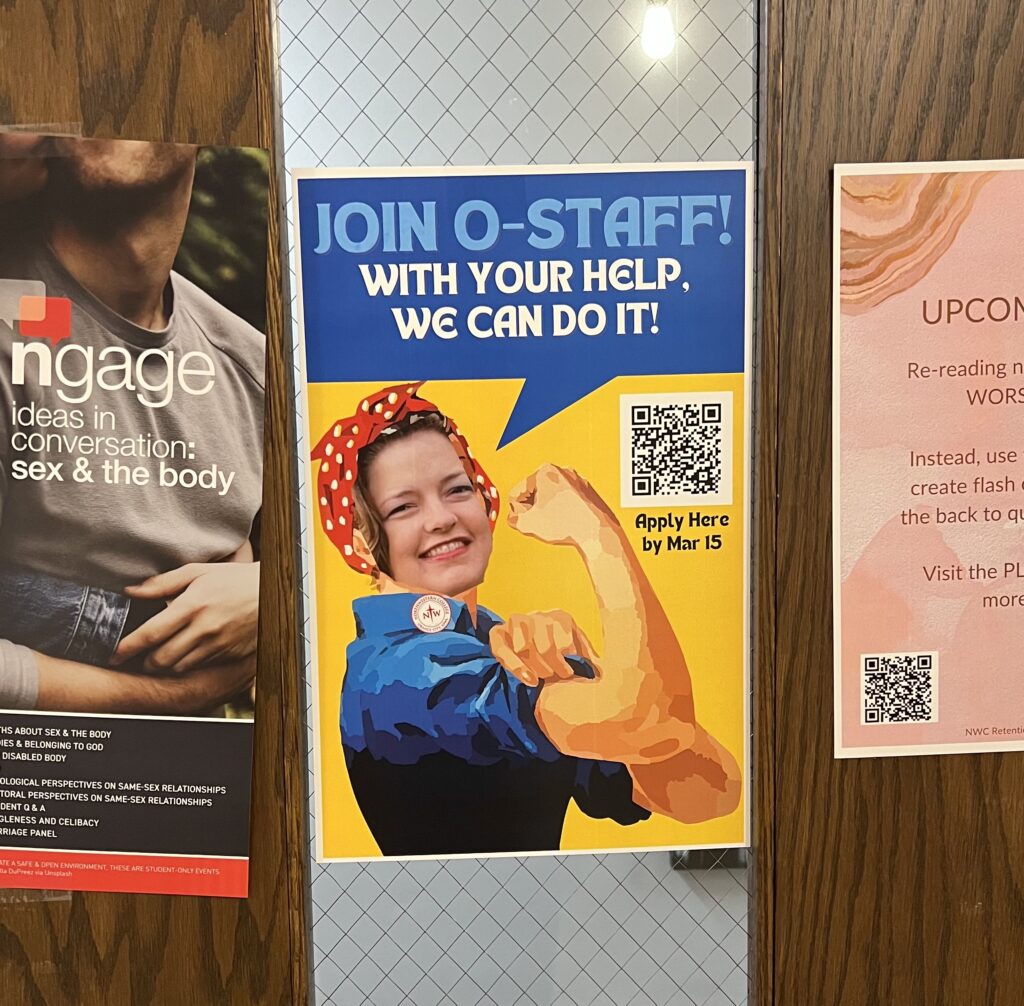Northwestern boasts of its leadership, extracurricular and travel opportunities to prospective students and incoming first-year students. What they fail to mention is that many of NW’s traditions and signatures are losing interest and numbers.
The Student Government Association has open positions all year. Deadlines for student leadership opportunities become extended due to low applications. Club attendance across the board is dwindling. Traditions like RUSH and Clash of the Classes used to involve a large percentage of the school. Volunteer opportunities that helped students build their applications to get into college are at the bottom of students’ priority lists. While there are many theories and explanations for this trend, there has yet to be a definite solution.
The easiest answer is COVID. The senior class spent their first year on campus wearing masks, unable to organize any type of social event. Many traditions passed down and recommended by upper class students are without first-hand experience. The lack of excitement around certain events could lead to lower participation. NCDC, one of the more popular events of the last few years, has started up again after several years hiatus due to COVID and low attendance. It may take more time to build up anticipation and attendance for events that were popular pre-pandemic.
Associate professor of history education, Dr. Rebecca Koerselman, has a few theories about the dwindling participation. “Before social media was more prevalent, a lot of students used clubs and other organizations on campus to meet people and socialize in person,” Koerselman said. ” Now, I think more college students use social media to fill that gap (some more than others, of course), and do not seek it out in more in-person ways.”
Another possibility could be the fact that extracurricular events do not pay the bills. NW is an expensive school, and many students are only able to attend due to sports or fine arts scholarships. Time that could go towards events is now taken up by an activity that enables them to go to college. If a student is not on scholarship, then they may have to have a work-study position, or find employment outside of the school to afford their tuition. Many students might want to participate in NW programming but have other priorities that enable them to make college financially feasible.
An interesting correlation, but not causation, is the fact that there are more women than men involved with leadership opportunities on campus, even though there are more men than women in the undergraduate program. Bridge Center interns, Franken Fellows and CMT (Campus Ministry Team) leadership are disproportionately represented by women, not because of a hiring bias, but because women make up most of the applicants. This could be due to male involvement with athletics, the plethora of Hospers events or the North Suites gaming epidemic, but the exact reason why men are not getting involved with student leadership or opportunities is unknown.
The prospect of committing to a club for the entire year is daunting. From the way advertising events and opportunities, it can seem like attendance is required to be a member, which can be unappealing at the beginning of the school year. However, since many events are not as strict on year-round attendance as students may think. Some consistently attended opportunities are Spring Service Partnerships and home athletic games, which are low commitments or when students are on a break. This suggests that students are interested in getting involved at times where they are not expected to be in class, or if they only must commit several hours of their time as opposed to the whole year or semester. In college, time is valuable, and many students choose to be frugal with how they spend it.
The previous rationales may paint students in an underachieving light, as if they are lazy for not diving into NW’s many opportunities. While there may be an element of unintentionally, another possibility is that students are overworked and burnt out. Overprogramming, excess of schoolwork and Christian Formation opportunities during the evening lends itself to students not wanting to attend late-night events or spend an entire semester off-campus. However, every individual reason for not participating adds up to a common problem: fun, edifying and beneficial opportunities provided by NW are not receiving the attendance or attention that they merit.
